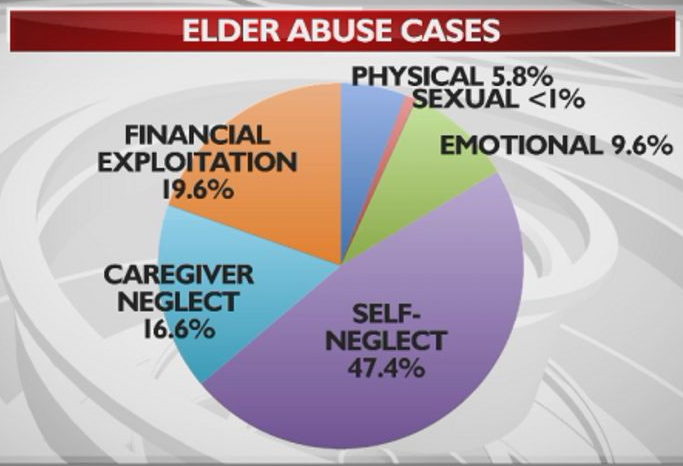Unfortunately, elder financial exploitation is often perpetrated by family members and other caregivers, and often the older adult is dependent upon this person and does not want to report it. There are steps that can be taken to guard against financial exploitation by someone acting as a caregiver or in-home helper.
- Secure your private financial documents including checks, financial statements and credit card statements. Consider using a locked file cabinet.
- Require receipts for purchases made by helpers
- Monitor bank accounts and telephone bills. Ask for help from a third party if needed, and consider an automatic bill pay system. Consider setting up transaction alerts that are monitored by a family member or other third party.
- Do not let hired caregivers or helpers open your mail, pay your bills, or manage your finances.
- Never promise money or assets to someone when you die in exchange for care provided now.
- Never lend employees money or personal property
- Never let caregivers use your credit or debit card to run errands or make purchases for you
- If you have trouble reading your financial statement, ask your financial institution if a second copy of your statement can go to someone who can read it for you. This person does not need to have authority to act on your behalf. Also your financial institution may be able to send you your statement in large print.
- Secure your valuables such as jewelry and other property.
- Check your free credit reports.

Indiana Examples:
The views, information, or opinions expressed in this article are solely those of the author and do not necessarily represent the views of Citizens State Bank and its affiliates, and Citizens State Bank is not responsible for and does not verify the accuracy of any information contained in this article or items hyperlinked within. This is for informational purposes and is no way intended to provide legal advice.